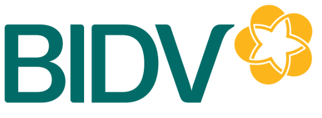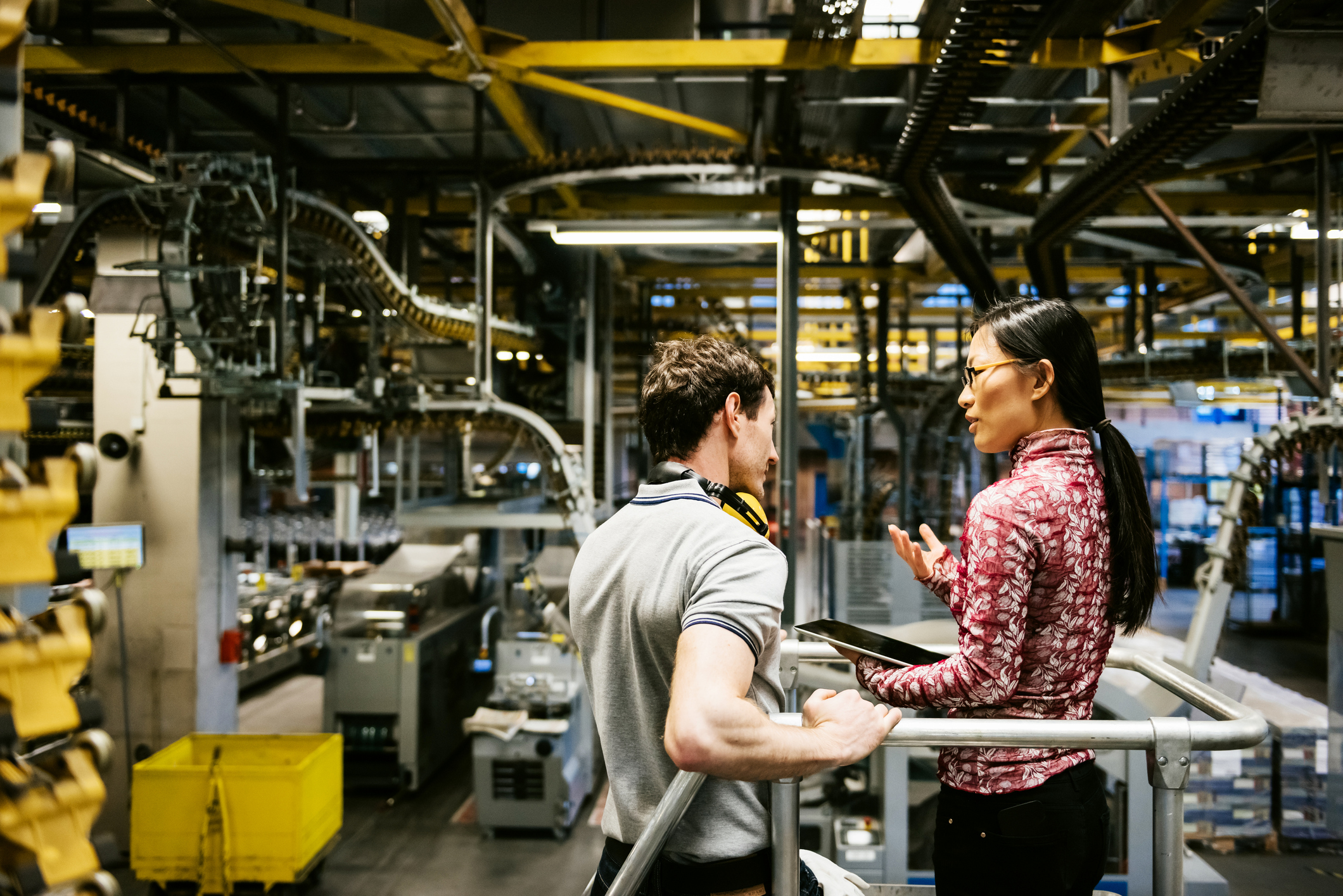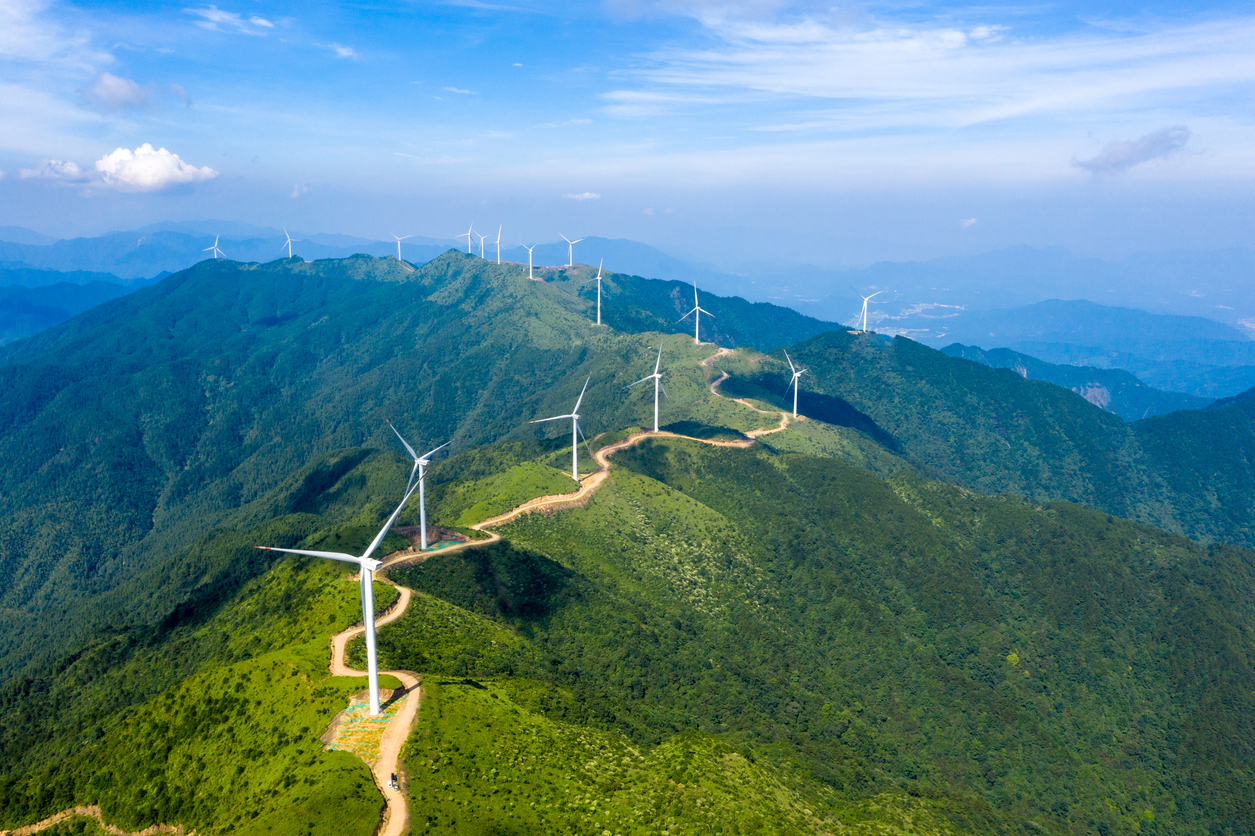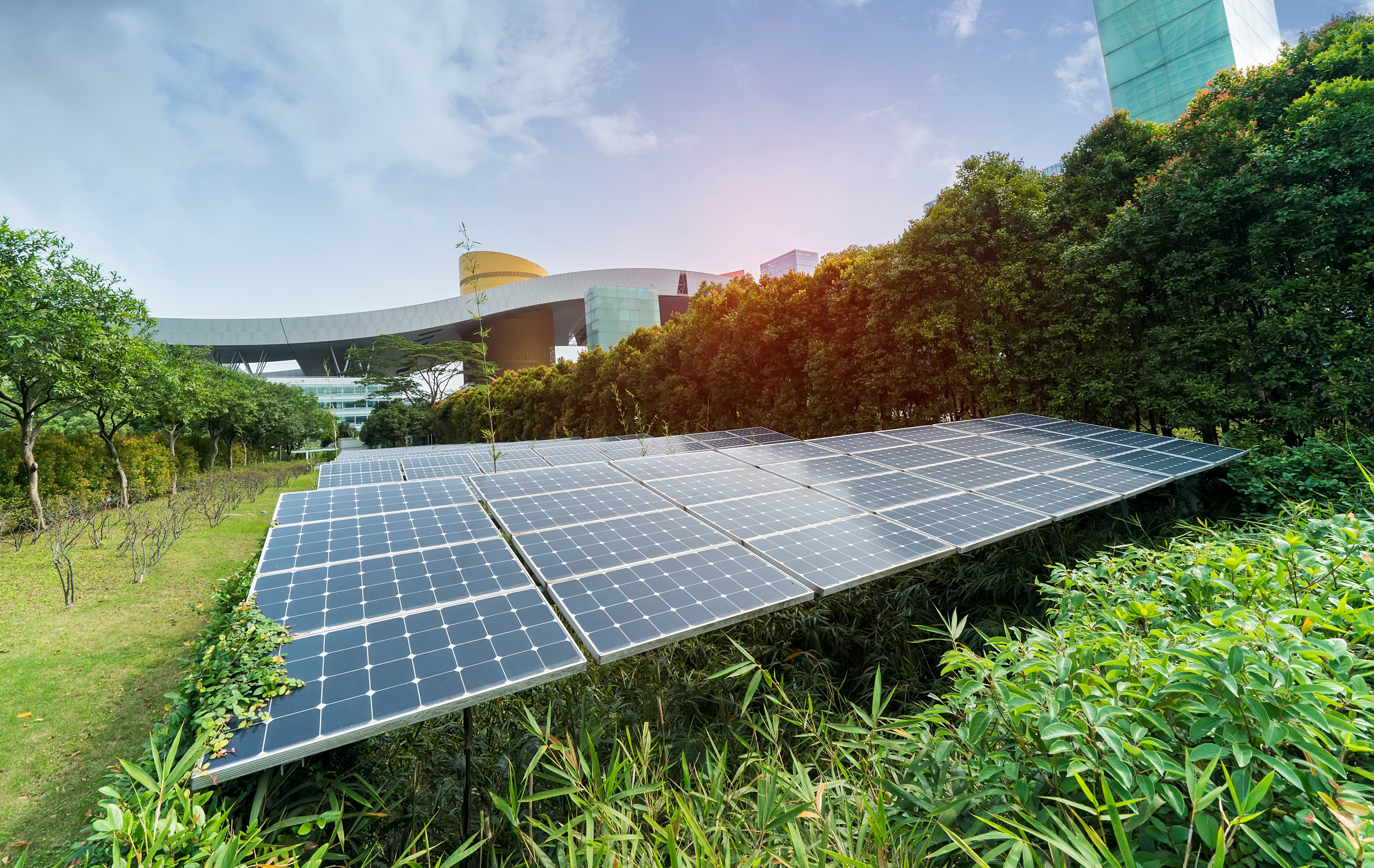Client
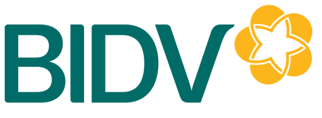
Expertise
Finance
Impact
Increasing access to sustainable finance for Vietnamese corporates and SMEs.

Challenge
How can banks prepare themselves to enter the green finance market?
When Vietnam updated its Nationally Determined Contribution (NDC) and committed itself to Net Zero emissions by 2050 following COP26, the role of climate finance only grew. The country needs an additional $368 billion between 2022-2040 to achieve its Net Zero emissions target by 2050.
Financial institutions are key players in providing sustainable finance. This can be through investments, but also by offering loans and other financial products that increase capital flow into sustainable projects and incentivise customers to switch to low carbon, energy-efficient solutions.
As the largest bank in terms of total assets in Vietnam, the Bank for Investment and Development of Vietnam (BIDV) is already familiar with green banking and green credit development. The bank has a long-term strategy for customers operating in the fields of clean energy, low carbon production and consumption industries as it seeks to support Vietnam’s transition to a green economy. In order to offer green, social, sustainability and sustainability-linked loans in line with market practice, BIDV first needed to develop a Sustainable Loan Framework.
Solution
Capacity-sharing and the development of a Sustainable Loan Framework
BIDV is a market leader in green financing in Vietnam. To help BIDV take the next step in its sustainable lending journey and introduce sustainable financial products to the local market, we:
* The framework follows the principles jointly produced by the Loan Market Association, the Loan Syndications and Trading Association, and the Asia Pacific Loan Market Association: Green Loan Principles, Social Loan Principles, and Sustainability Linked Loan Principles.
IMPACT
Streamlining sustainable finance to drive sustainable action
In 2023, BIDV became the first Vietnamese bank to issue a Sustainable Loan Framework. With the framework, BIDV can develop thematic loans to direct capital to projects with a positive impact on society. It also can help inform the design of sustainability-linked loans to incentivise corporate borrowers to improve their sustainability performance. BIDV’s Sustainable Loan Framework is a critical first step in mobilising the capital needed for sustainable solutions and driving impactful outcomes in the broader society. By implementing the framework, BIDV has been able to:
ASEAN Low Carbon Energy Programme
This work was part of the ASEAN Low Carbon Energy Programme (LCEP), a £15.8 million UK government programme aimed at helping Southeast Asia transition to low carbon energy. The programme collaborated with Southeast Asian public and private entities to increase access to sustainable finance, improve energy efficiency, reduce poverty, and promote inclusive growth by providing capacity building and technical assistance on relevant policy, regulation, and market development work.
The programme ran 2019-2023 and operated across all ASEAN member states.
Learn more
